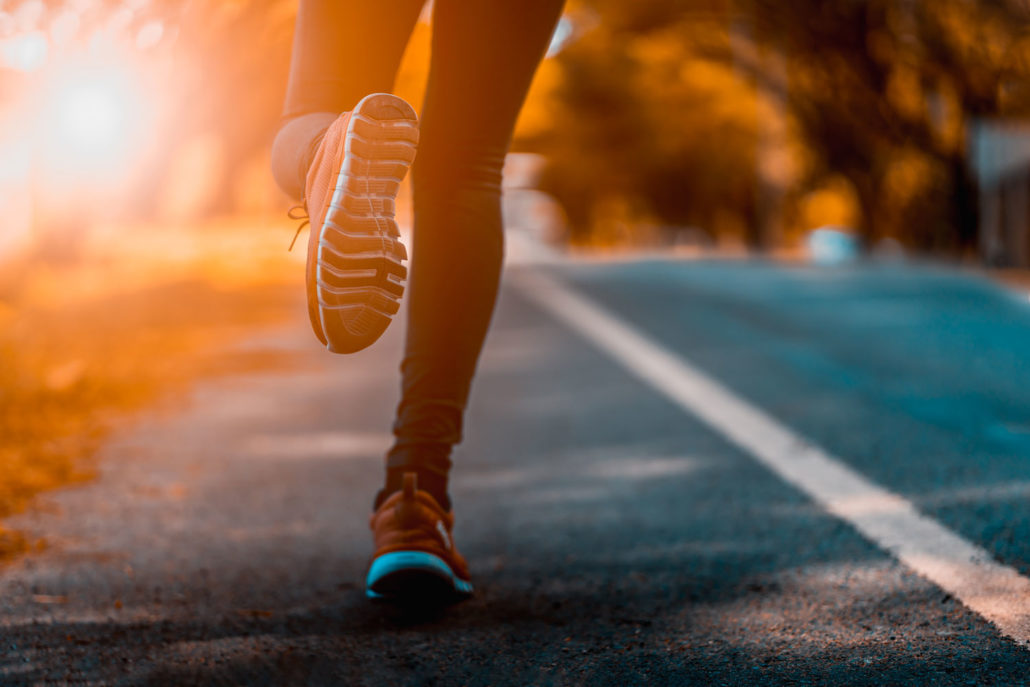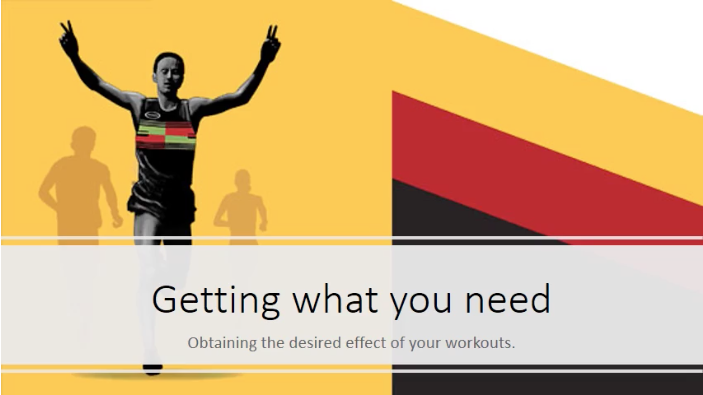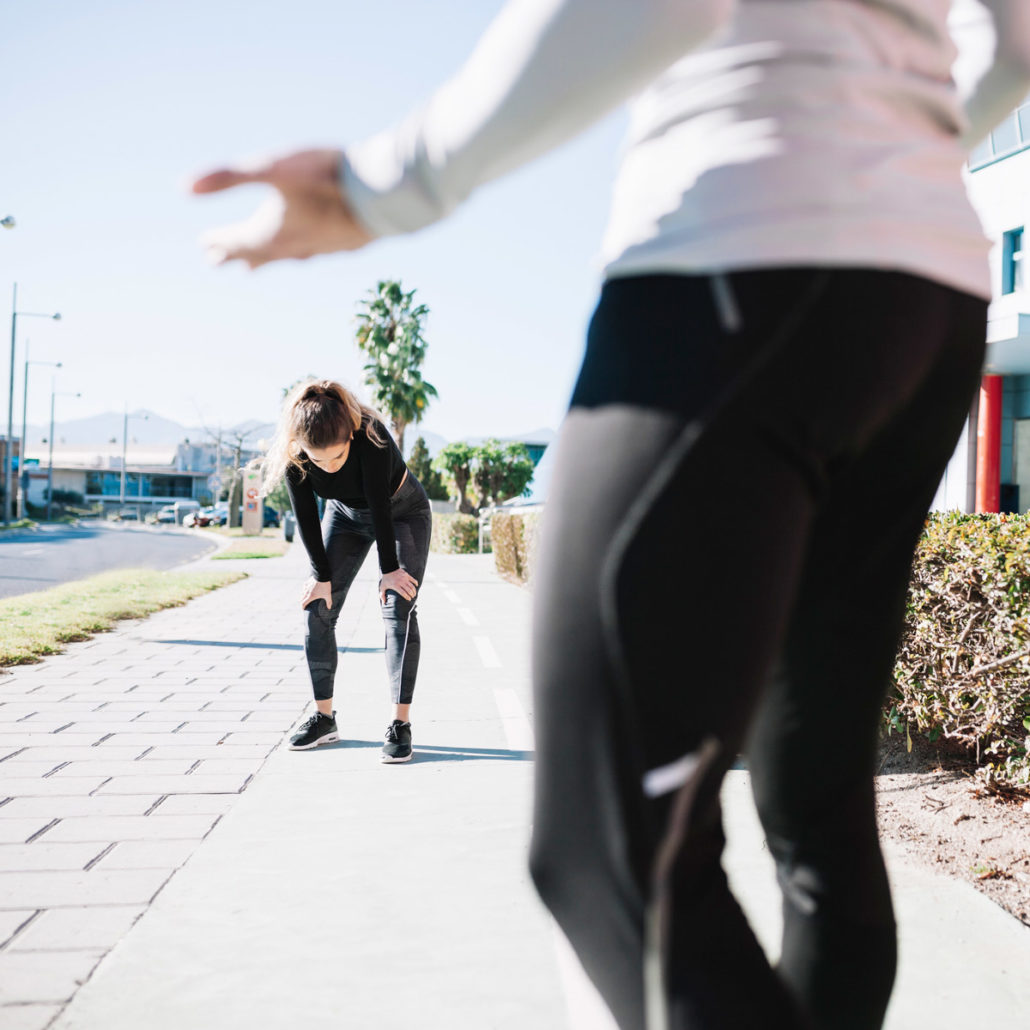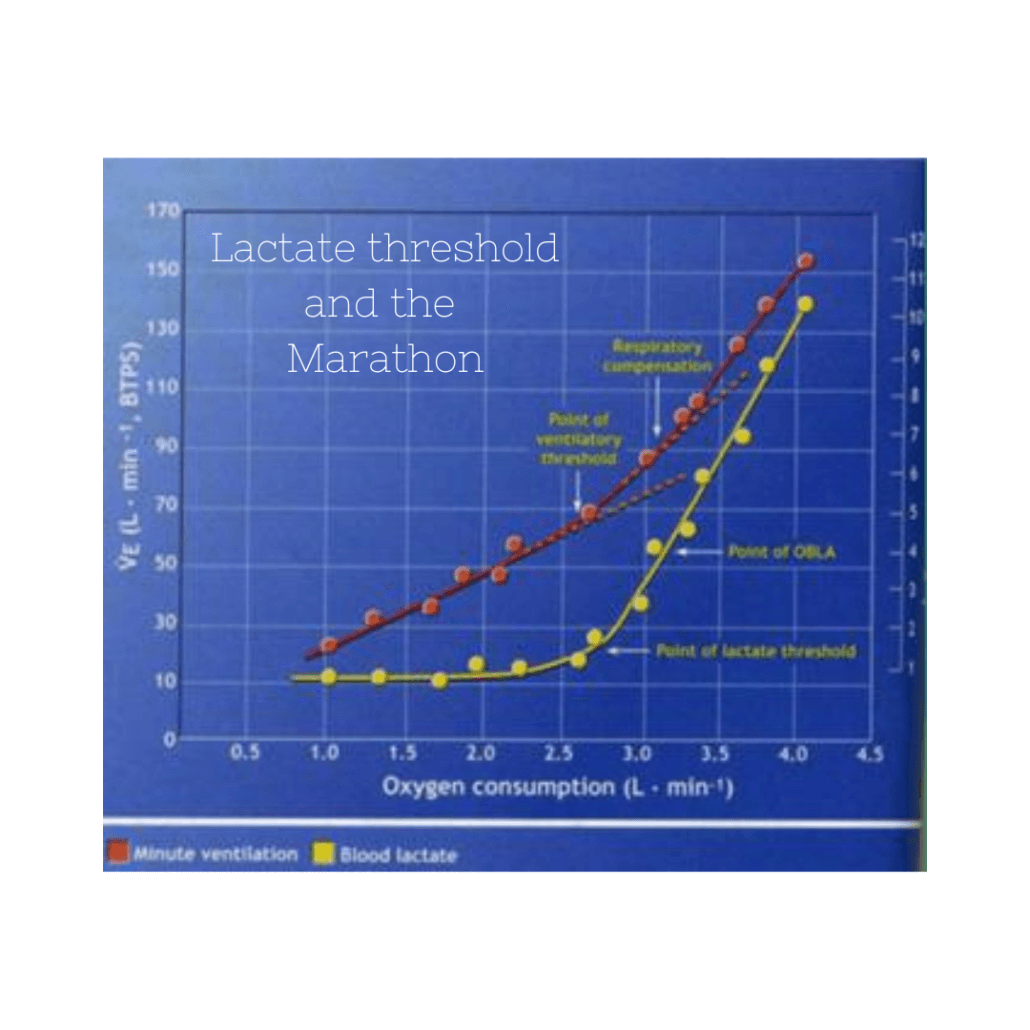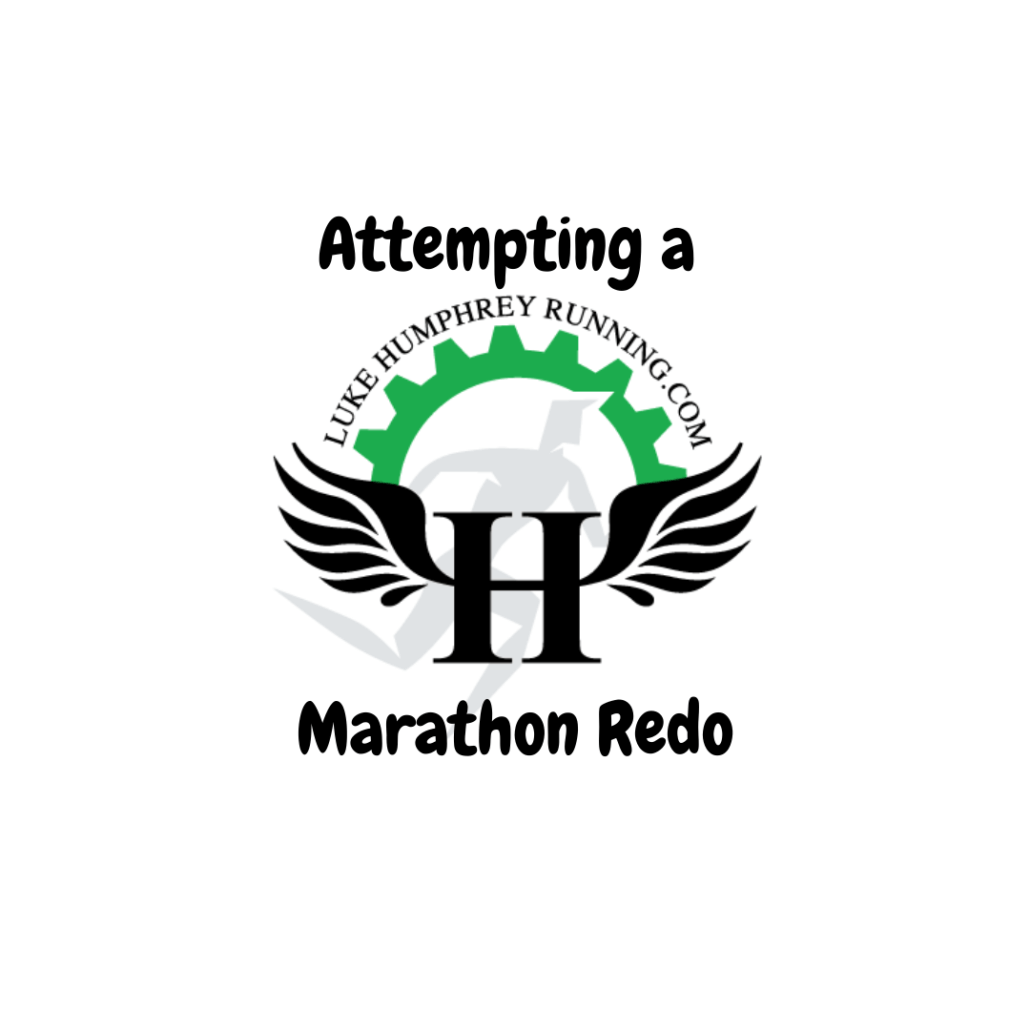Vitamin D and recovery.
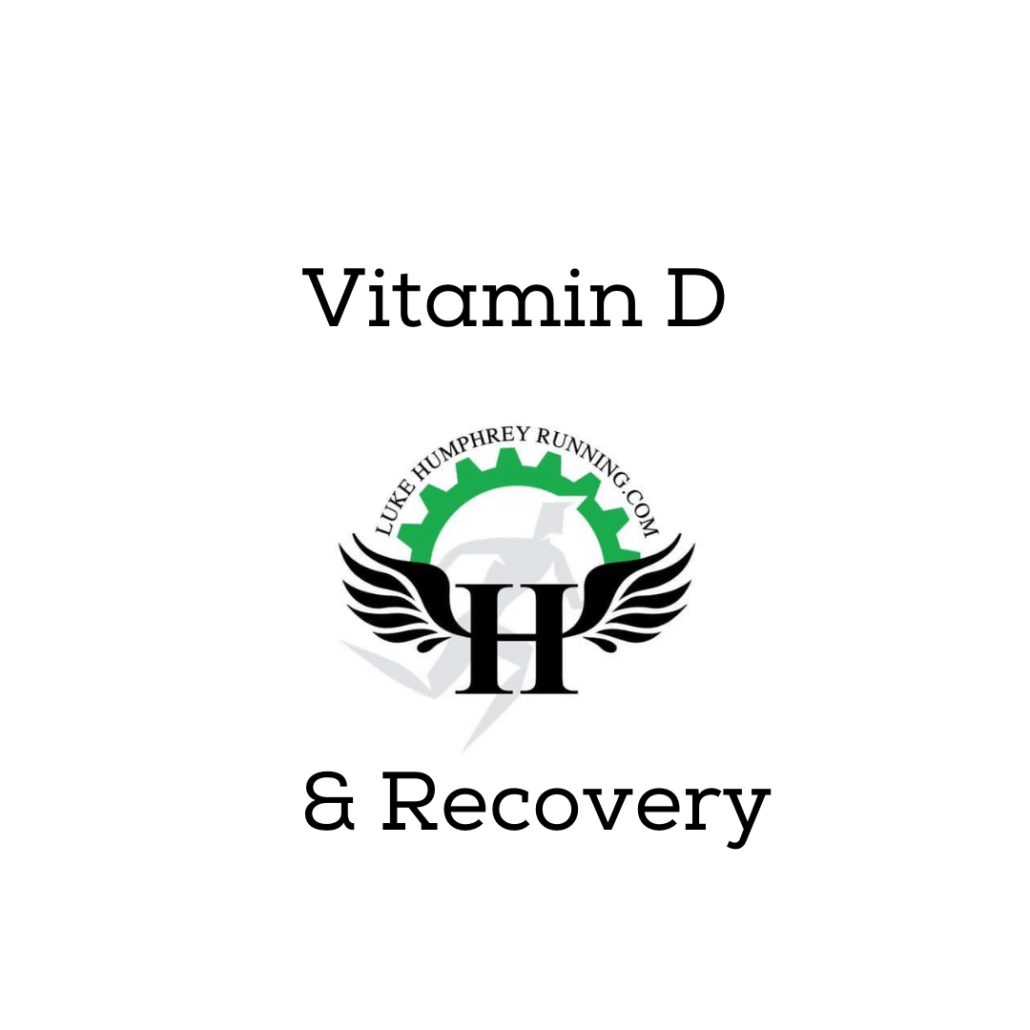
We know that vitamin D is critical for bone development. It is well documented that suboptimal levels are linked to an increased risk of a stress fracture. What might be lesser known is that vitamin D has a strong link to degenerative diseases like heart disease, MS, and a number of cancers. Moreso, vitamin D has an association with testosterone, strength, and power- this is relatively known simply due to the dopers trying to boost these levels. Lastly, we know that vitamin D is linked to immunity, including COVID. Safe to say, vitamin D at optimal levels improves our health and performance.
But wait, there’s more! Newer research is looking into the role of Vitamin D in recovery. A recent study looked at 35 ultra runners with one group getting a big old bolus of 150,000 it’s 24 hours prior to race time. Another group received a placebo. The researchers then looked at inflammation markers in both groups of runners. What they found was both groups had higher levels of vitamin D in their blood. This is to be expected because D is released in order to curb inflammation and support immune function. However, the runners who did not take the supplement experienced much higher markers of inflammation after the ultra. BTW, 150,000 is a metric S-Ton, so the more practical suggestion is building your levels up over time.
So to me, I read this and it made me think- is just getting some sunlight really enough? If you are training hard, then you are putting a lot of the things we talked about above to the test. Is it enough to keep your levels optimal? I can’t say for sure, obviously, there are a lot of factors. I would say, it wouldn’t hurt to get some bloodwork done to see where you are at. Ideally, I would have a baseline and then a test, or two, during your segment so that you have a baseline. However, if you are feeling run down, chronically hurt, etc, then I’d say just get one and see where you are at. That’s one of the reasons I partnered with Inside Tracker. I wanted my athletes to have access to blood work and information that will be directed towards them as athletes (not just the average ranges). If you are interested in Inside Tracker see my video HERE. Then go-ahead to this link and use the code LUKEPRO25
If you get yours checked and are below 75 nmol/L, then that’s suboptimal. Consider supplementing with 2000-5000 IU of vitamin D3, regardless of your season. Since vitamin D is fat-soluble, it will take the consistent effort of optimal vitamin D intake to build your levels up.
Some other strategies include:
- Regular sunshine of 15-20 minutes before applying sunscreen
- Take your supplement with a meal, where fat will be eaten too. I prefer breakfast and you should avoid night time ingestion as it has been linked to sleep disturbances.
- May want to consider a magnesium supplement as well. However, I like to take my Mg at night as it helps with sleep.
- Careful of high caffeine intake. I’d consider scaling back and/or going half caff.
The cause of your fatigue may, or may not be low vitamin D. However, it’s something that we can easily fix if it is sub-optimal. At the time of writing this, in the heart of the summer, people start to really feel the training kick in for fall marathons. It’s just one of the factors that may play a role in not allowing recovery from hard training. Instead of just backing off, we can find out what is going on with our body and supplement if we need to. I really recommend getting the data from Inside Tracker. However, if you go with your physician, just make sure they know what levels should be for an endurance athlete.
